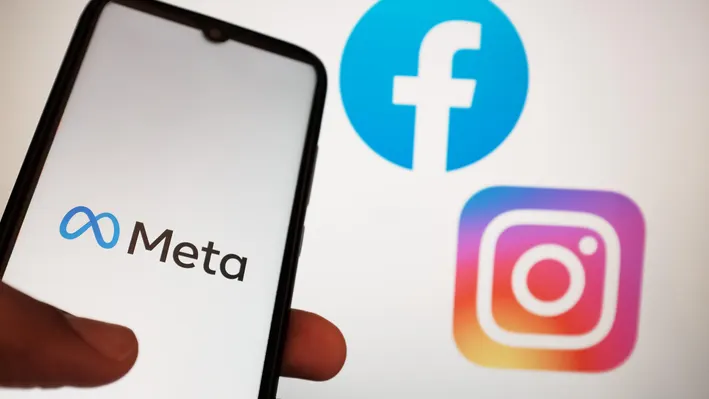Facebook parent company Meta has taken a decisive stand against sextortion scams, announcing on Wednesday the removal of 63,000 Instagram accounts linked to these fraudulent activities. This significant crackdown highlights Meta’s commitment to user safety and its ongoing battle against cybercriminals exploiting social media platforms.
The Sextortion Scam Network

Image Source: forbes.com
In a detailed blog post, Meta revealed the extent of the operation, which included the dismantling of a network comprising 2,500 accounts managed by around 20 individuals. These accounts were part of a broader group known as the “Yahoo Boys,” a loosely organized collective of cybercriminals primarily based in Nigeria. Despite the misleading name, this group has no affiliation with the Yahoo website. Their primary focus is on financial scams, with sextortion being a major component of their illicit activities.
The sextortion scam typically involves bad actors reaching out to a vast number of users across social networks, attempting to establish phony romantic relationships. Once a connection is made, the scammers request nude photos or videos from their victims. They then threaten to release these sensitive materials to the victim’s friends, family, or the broader internet unless a ransom, often amounting to hundreds of dollars, is paid.
Meta's Response and Preventive Measures
Meta’s proactive approach to this growing threat has been multifaceted. According to Antigone Davis, Meta’s global head of safety, the company’s automated systems detected the majority of these scam accounts before any harm could be done. Additionally, Meta employed other investigative methods to identify and take down the remaining accounts. This operation extended beyond Instagram, with Meta also removing 7,200 assets from Facebook, including 1,300 accounts, 200 pages, and 5,700 groups based in Nigeria that were dedicated to scamming activities.
Meta has not only focused on removing harmful accounts but also on enhancing user protection. The company has introduced features like on-device nudity protection, which automatically blurs images containing nudity in Instagram direct messages. These measures aim to prevent users from falling victim to sextortion scams in the first place.
The scale of these scams has drawn significant attention from authorities worldwide. In recent years, sextortion has become an escalating threat, with the FBI issuing warnings in 2023 and 2024. High-profile cases, such as the extradition of two Nigerian men to the US in connection with the suicide of a 17-year-old from Michigan, underscore the severe consequences of these crimes.
Meta’s public disclosure of these actions is part of a broader effort to raise awareness and deter criminals. As Davis emphasized, Meta wants to send a clear message to cybercriminals that their activities are being monitored and actively thwarted. This latest crackdown is a testament to Meta’s ongoing efforts to protect its users and ensure a safer online environment.

I am a law graduate from NLU Lucknow. I have a flair for creative writing and hence in my free time work as a freelance content writer.